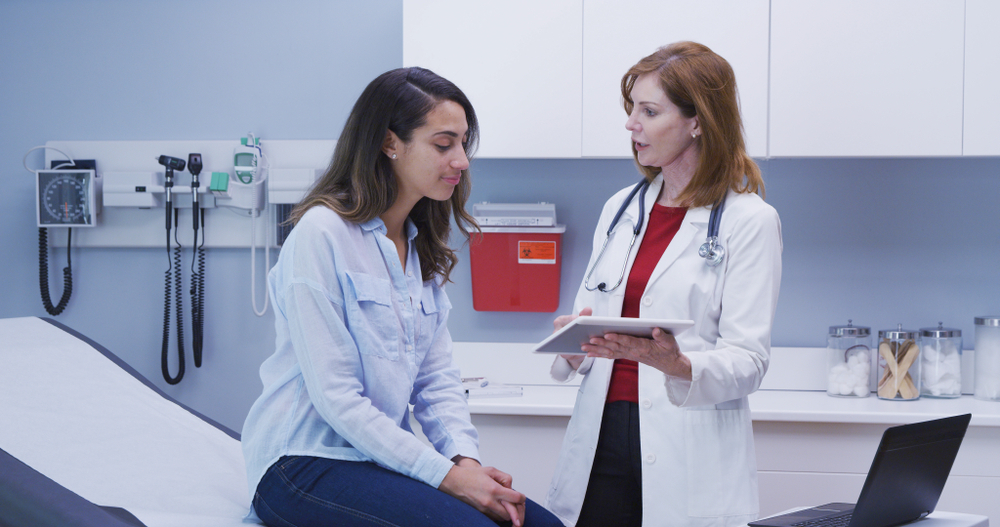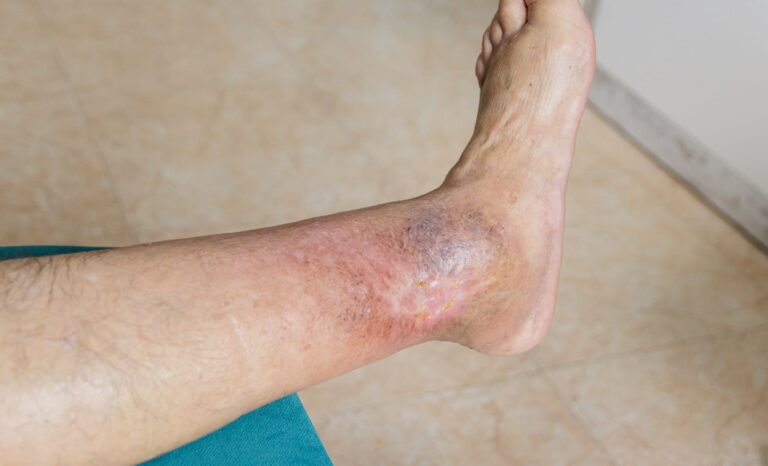The Importance of Regular Preventive Care Screenings

Regular preventive screenings help you detect health conditions early. These routine evaluations identify potential issues before they progress, allowing for earlier intervention and better outcomes. Understanding preventive care helps you make informed decisions about your healthcare routine.
Preventive Care
Maintaining health and catching conditions early are the main goals of preventive care. This approach identifies risks and addresses potential issues before symptoms appear, helping individuals stay healthier over time. Professional medical recommendations are often tailored to factors such as age, gender, family history, and personal risk factors, making them specific to each person’s individual needs. Guided by trusted medical organizations, this approach focuses on early detection and prevention.
Health Screenings
Regular health screenings are a key part of preventive care, designed to detect potential health issues early. They help monitor key health markers and can identify conditions before they progress. Here are some recommended screenings your doctor might suggest:
- Cardiovascular Health Monitoring: Regular blood pressure checks and cholesterol screenings form the foundation of cardiovascular health monitoring. Blood pressure measurements detect hypertension, while cholesterol tests assess your risk for heart disease and stroke.
- Cancer Screening Programs: Cancer screenings detect malignancies before symptoms develop. Common screening programs include mammograms for breast cancer, colonoscopies for colorectal cancer, and Pap smears for cervical cancer.
- Diabetes and Metabolic Health: Blood glucose testing identifies diabetes and prediabetes. Regular screening is especially relevant for individuals with risk factors such as obesity, family history, or a sedentary lifestyle.
Preventive health screenings help identify potential health issues early, enabling timely intervention and treatment. By staying proactive with regular check-ups, individuals can improve their overall health and quality of life.
Vaccinations
Vaccinations are a key part of preventive care at every stage of life. Adult vaccination schedules include annual flu shots and periodic tetanus boosters. Additional vaccines, such as those for shingles and pneumonia, are recommended based on age and health needs.
Keeping up with recommended vaccinations supports individual and community health through herd immunity. Vaccines reduce the spread of preventable diseases and protect vulnerable populations. Your healthcare provider can review your vaccination history and recommend updates based on current guidelines.
Early Detection
Early detection through preventive screenings offers many benefits. It allows conditions like certain cancers and cardiovascular diseases to be treated more effectively. By identifying issues in their most treatable stages, early detection leads to better outcomes. This often means less invasive treatments and improved prognoses. Additionally, it can lower healthcare costs in the long run.
Lifestyle Counseling
Preventive care visits often involve discussions about lifestyle factors that impact health outcomes. Providers assess habits like diet, exercise, smoking, and alcohol use to identify areas for improvement. These conversations help patients take an active role in their health.
Counseling during these visits focuses on helping patients understand their personal risk factors. Topics may include creating better nutrition plans, adopting regular exercise routines, managing stress, and quitting smoking. This guidance empowers patients to make long-term health changes.
Make Preventive Care a Priority
Regular preventive screenings are an investment in your long-term health. By staying up to date with screenings, vaccinations, and lifestyle counseling, you take proactive steps toward better well-being. Work with your healthcare provider to create a personalized plan that fits your unique risk factors and goals. Staying on top of preventive care today can lead to improved health outcomes in the future.
- What to Expect When Visiting a Foot and Ankle Specialist
- Causes of PTSD
- The Link Between Plantar Fasciitis and Weight Gain: What You Need to Know
- How Pet Ownership Can Positively Impact Life with Fibromyalgia
- The Importance of Stretching and Flexibility in Sports Medicine
Dr. Emma Green is a health and wellness expert with over 10 years of experience in nutrition and fitness. Passionate about helping others live their healthiest lives, Dr. Green shares practical advice on wellness, nutrition, and sustainable living through LivingSpristine.






